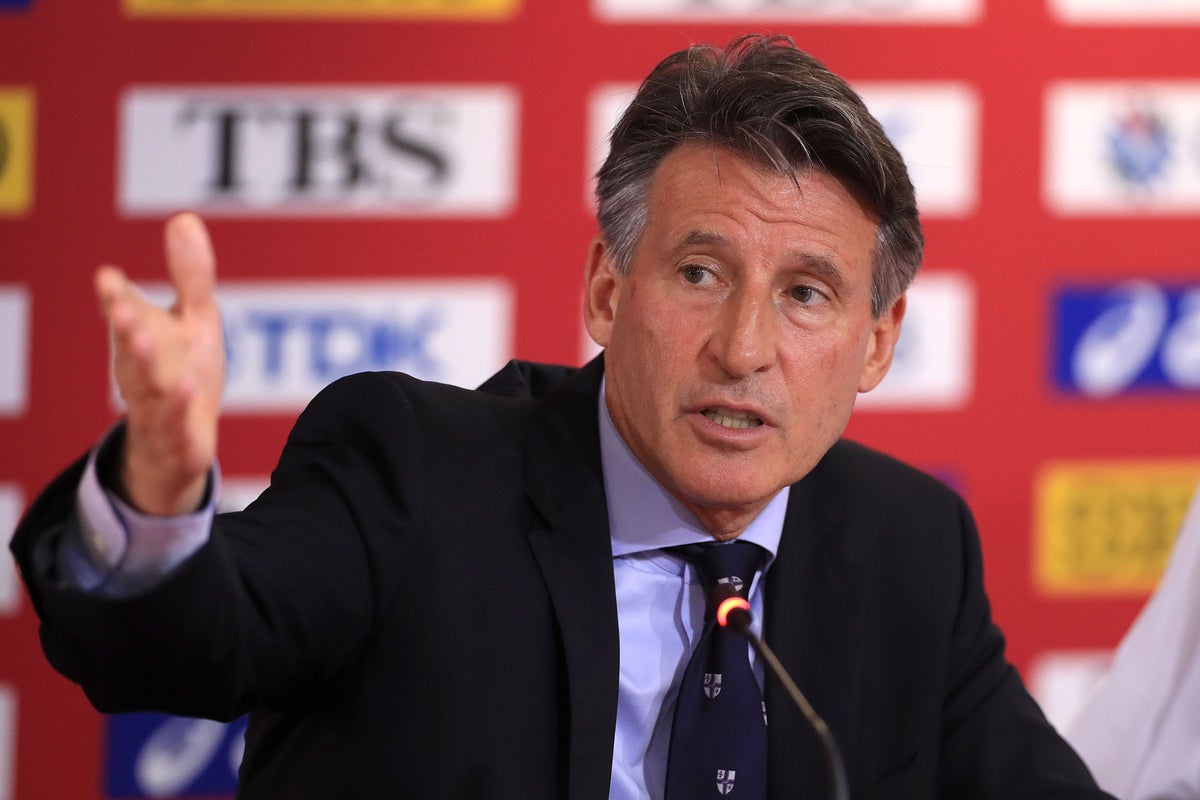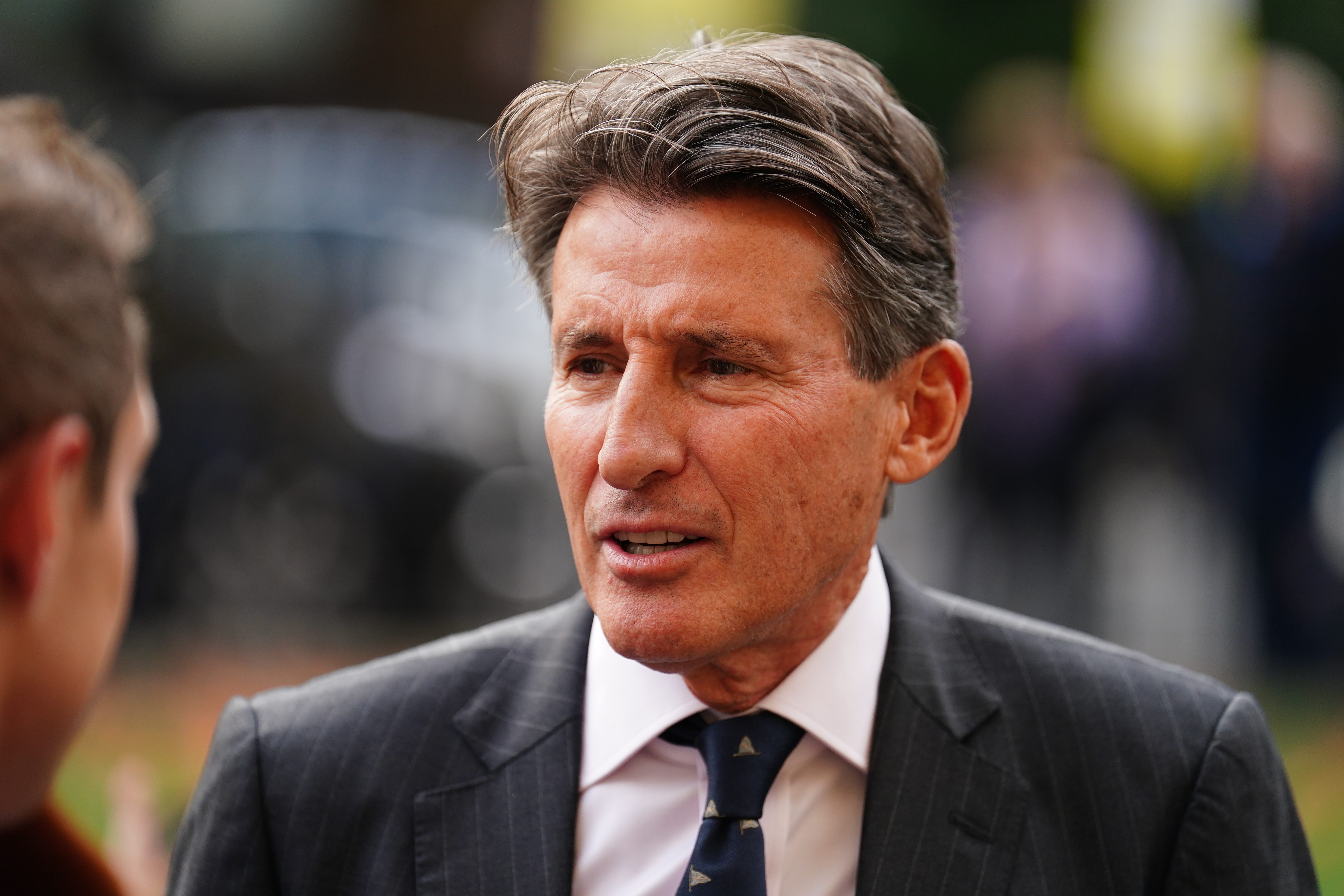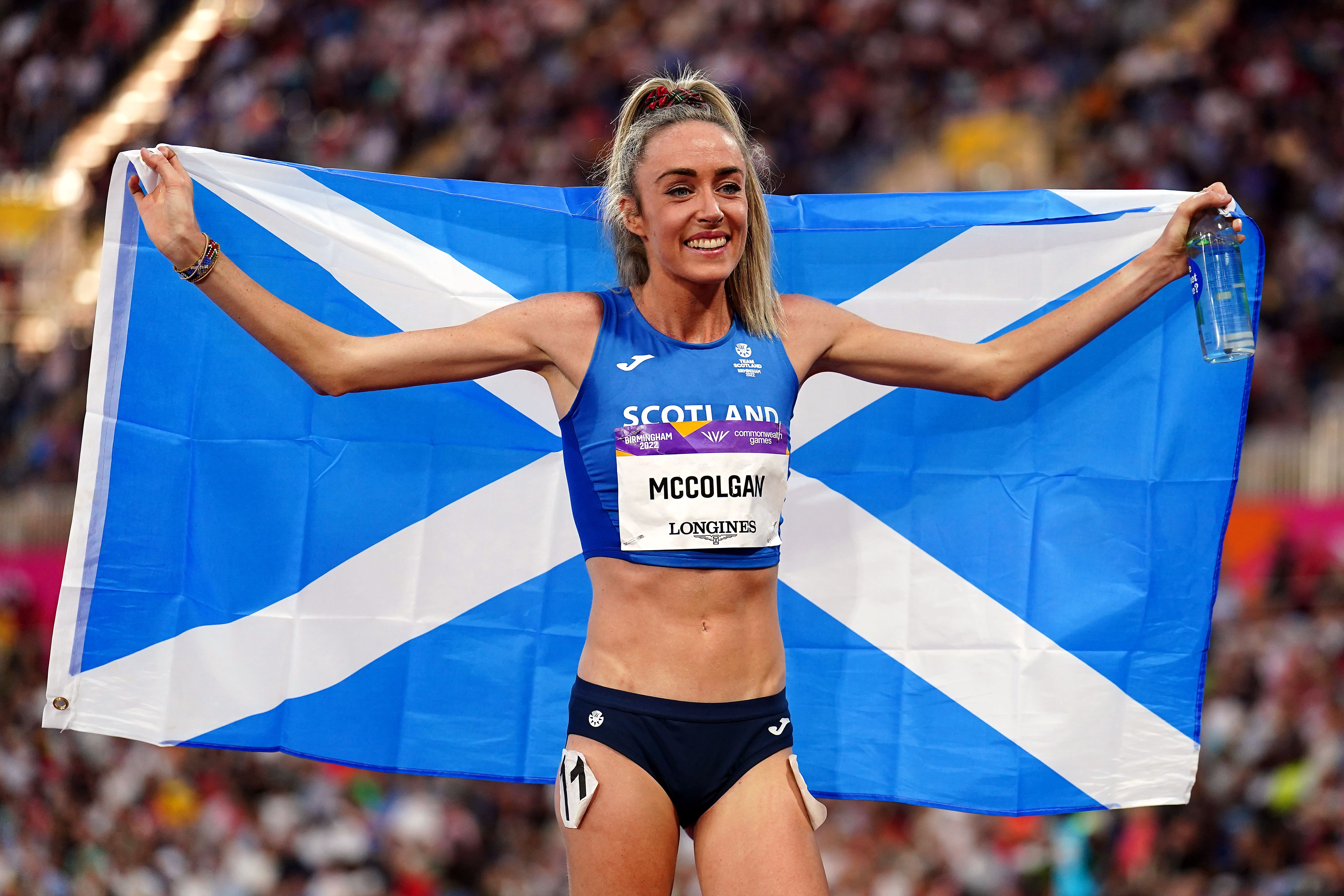
World Athletics has banned trans women from international competition, Sebastian Coe has confirmed.
The governing body has opted to exclude male-to-female transgender athletes and those with differences in sex development (DSD) from female competition if they have gone through male puberty.
The decision comes after World Athletics consulted with member federations in January about a change to rules, insisting they would “follow the science... in order to protect the female category, maintain fairness in our competitions, and remain as inclusive as possible."
And now Lord Coe, president of World Athletics, has confirmed the “difficult” decision to change its rules starting on 31 March.
A statement read: "The Council has agreed to exclude male to female transgender athletes who have been through male puberty from female world ranking competitions from 31 March this year.
"We cannot in all conscience leave our transgender regulations as they were at 5nmol/mol for at least one year when we were unsure about the impact of doing so across all our disciplines.
"The decision that the council made is a primarily principled based decision about the over-arching need to protect the female category. This is what our sport is here to do. And I think the council has done that today.
“We continue to take the view that we must maintain fairness for female athletes above all other considerations. We will be guided in this by the science around physical performance and male advantage which will inevitably develop over the coming years.
“As more evidence becomes available, we will review our position, but we believe the integrity of the female category in athletics is paramount.”
For DSD athletes under the new regulations, those relevant athletes must reduce their testosterone levels below a limit of 2.5 nmol/L for a minimum of 24 months to compete internationally in the female category in any event.
That threshold comes up after the previous rules only required specific testosterone levels for previously restricted events from 400m to one mile, which has now been removed entirely.
Those athletes who already compete in what was previously an unrestricted event - distances below 400m and above one mile, plus field events - will be required to suppress their testosterone levels below 2.5nmol/L for a minimum of six months, before they are eligible to compete again.

This period matches the previuous period required for DSD athletes to compete in restricted events, although the threshold previously was higher at 5nmol/L.
The interim provisions do not apply to the previously restricted events (400m to one mile) where two years of testosterone suppression will be required before the relevant athlete is eligible to compete.
Transgender rights have become a major talking point as sports seek to balance inclusivity with ensuring there is no unfair advantage.
With athletes such as Commonwealth Games 10,000m champion Eilish McColgan contributing to the debate and claiming a one percent advantage for trans women athletes would be “too much”.

However, LGBTQI advocacy groups say excluding trans athletes amounts to discrimination.
World Athletics’ move follows World Aquatics and its vote last year to restrict participation of transgender athletes in elite women’s competitions.
Lord Coe had praised the move, which saw the sport create a working group to establish an "open" category.
The move comes after the World Athletics Council confirmed a number of landmark decisions on future participation.
The governing body also confirmed the reinstatement of the Russian Federation (RusAF) following seven years of suspension after institutional doping violations.
But athletes, officials and supporting personnel from Russia and Belarus remain excluded from competition for the foreseeable future due to Russia’s invasion of Ukraine.







